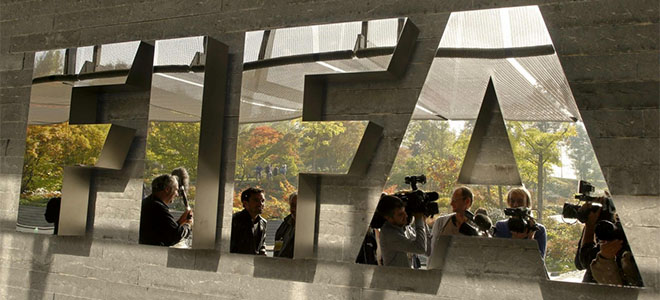
Fifa Has Bigger Problems Than Corruption Alone
by Roger Pielke, Jr.
Soccer Economics
May 7, 2014
For much of the past four years FIFA, the organization which oversees global football and the World Cup, has been dogged by allegations of corruption and poor management. In 2011, after two members of the FIFA Executive Committee had tried to sell their votes for future World Cup location to undercover reporters, FIFA felt compelled to respond by setting up an internal reform committee to recommend steps to improve the organization’s governance.
That committee, chaired by Professor Mark Pieth of the Basel Institute of Governance, ended its work last year, and issued a hard-hitting, final report last month.
Like many other international sports governance bodies, the Fédération Internationale de Football Association or International Federation of Association Football, is headquartered in Switzerland. Many international organizations have long found the nation to be a favorable location due to its political neutrality, generous tax treatment and hands-off approach to oversight.
For FIFA, the hands-off oversight has arguably allowed mischief to take root. Among the many scandals that have plagued FIFA, the one getting the most attention today is alleged vote-buying and collusion associated with the awarding of the 2018 World Cup to Russia and 2022 World Cup to Qatar. The decision on who gets to host the World Cup is a consequential one. For instance, Qatar has announced $200 billion in new infrastructure projects associated with the 2022 World Cup, including 8 new stadiums.
The decision as to which country gets to host the World Cup is made by FIFA’s inner circle, its 25-member Executive Committee. In 2010 FIFA held votes on the awarding of the 2018 and 2022 World Cups at the same meeting. Later, Sepp Blatter, FIFA’s long-time president, admitted that there was vote trading across the two votes, and that it was a mistake to have made both decisions at the same time.
But vote trading was the least of FIFA’s troubles associated with the World Cup votes. In February it was revealed that the family of a member of FIFA’s Executive Committee in 2010 received $2 million from a Qatari company controlled by a former football official in the months following the vote. On the heels of that revelation we learned that the 10-year old daughter of another member of the FIFA Executive Committee has $3 million deposited into a bank account in her name. The funds allegedly came from the (at the time) president of FC Barcelona (home to Lionel Messi), which is sponsored by Qatari Airlines and the Qatar Foundation.
These allegations are cited in Pieth’s final report, which says that the future integrity of the organization depends a great deal on how it responds: “If FIFA is to emerge from the scandals of recent years it must now produce a convincing and transparent answer to any issues relating to hosting decisions… if allegations are confirmed FIFA must ensure that the consequences are meaningful.“
However, FIFA’s ability to address the World Cup vote scandal may be limited by the fact that most of the recommendations of Pieth’s committee have not been implemented. Further, Pieth observes in his report that “some Members of the Executive Committee have not been sufficiently committed to change.” Read more …

